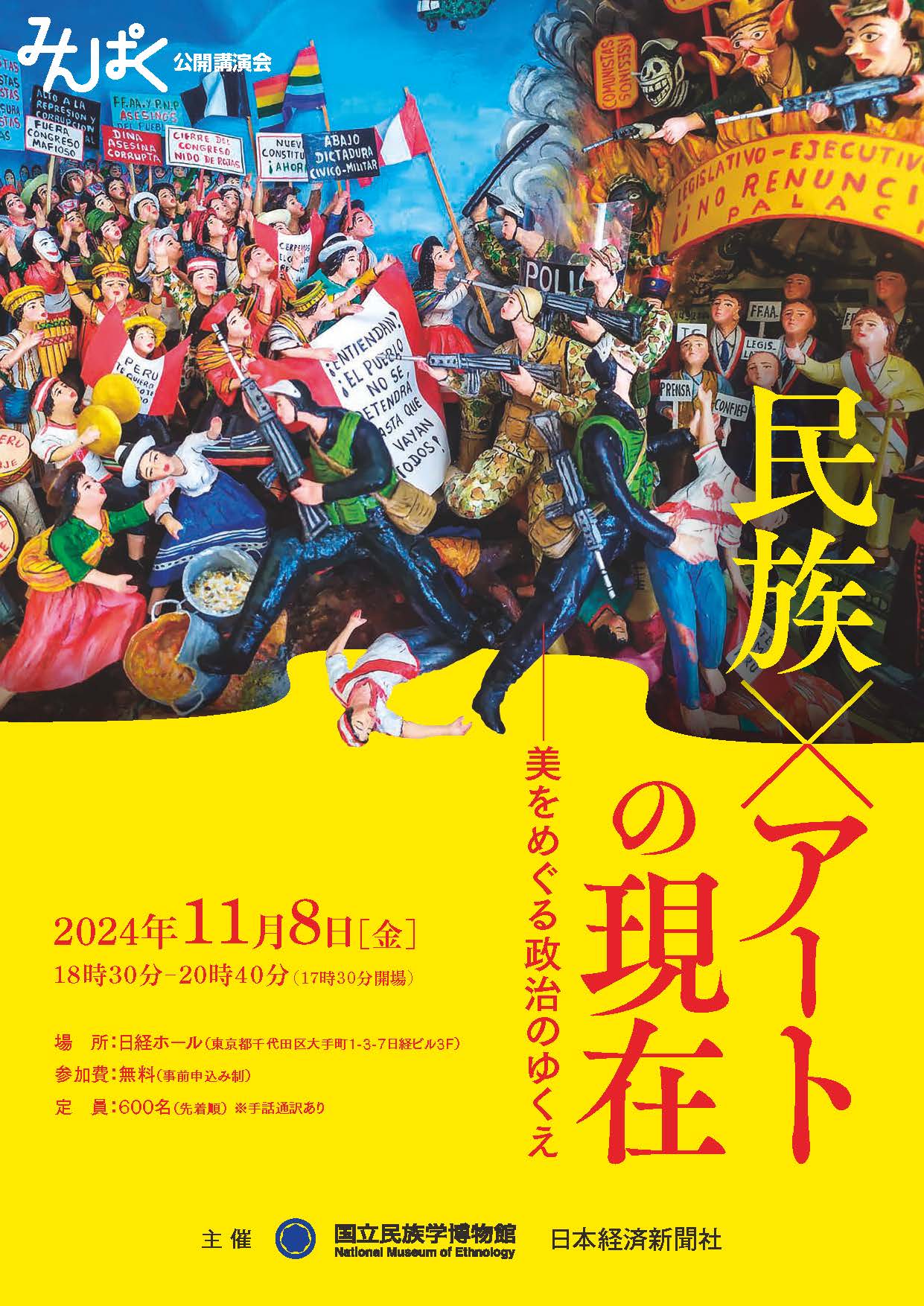The Politics of Roots and the Arts/Techniques of Coexistence: Ethnicity and histories in the post-nation-state era (April 2024-March 2027)
Theme Category: Ethnicity and History
Project Leader: MATSUO Mizuho
Project Period: April 2024 – March 2027
Purpose and content of the project
This project examines the politics of roots in the contemporary world and the techniques of coexistence through a multifaceted re-questioning of the “history” of ethnic groups.
Currently, wherein the scientific (biological) foundations of ethnicity and race and the validity of definitions based on them have been debunked, the roots (origins) continue to provide a strong narrative foundation in the construction of identity and the creation and reinforcement of the self and other categories, regardless of whether they are individual or collective. However, in the modern era, this is characterized not only by the creation of imagined communities through media and narratives, but also by their emergence as “entities” with specified reality through the accumulation of individualized data such as genetic information and biometrics on the one hand, and the implementation of laws and institutions such as nationality and citizenship on the other.
For example, in the reproductive medicine involving third parties, legislation that requires medical institutions to retain the personal information of gamete donors and to disclose it if necessary is in the process of being enacted. The rationale for this system is that priority should be given to the child that will be born to know their origins, since knowing one’s roots is considered essential for a person’s identity formation. Alternatively, the roots-making by the descendants of slaves and labor immigrants to the New World who can no longer trace their own roots allows them to rewrite the stories of their own families, and at the same time, it is an attempt for them to recover their lost community histories. The politics of roots by minorities marginalized from mainstream society, such as immigrants, mixed-race people, Indigenous peoples, and discriminated groups, has often served as a means of resistance. Then, the roots explored and generated in this way can then be implemented through various devices such as genealogy, family history, roots tourism in which they trace the land where their ancestors came from, online Genealogy Archives, genetic testing, and museum exhibits, etc. Genetic study, archaeology, and anthropology, among disciplines, obviously also play a role in its implementation. This project, which re-questions the role of history in the creation of ethnic groups, also highlights that the current movements toward roots and roots-making in the global capitalist economy are highly political and economic, and are inextricably linked to the expansion of mobility, information, and technology.
However, this process of materializing roots does not necessarily lead to identification with a stable, single root or fixed social category. The plurality and ambiguity of roots, which cannot be grasped by the legal system or identified by genome analysis, has the potential to open up discussion regarding the indefinite nature of existence: that is, it is neither A nor not A, rather than being simply two options of A or not A.
Through a comparative study of the politics of roots in a global economy, this project determines the intertwining of nations, institutions, technologies, and bodies, and consider the nature of symbiosis from the perspective of the indefiniteness of existence.
Anticipated results
This project tackles the areas of ethnic history and identity formation, which have been the mainstream of ethnic studies to date, from new perspectives of technology, physicality, mixed-race/ethnicity, and migration. In addition, it analyzes the complexities surrounding the history of ethnic groups in contemporary society from various viewpoints. Making and writing the history of an ethnic group can be a highly political endeavor linked to the nation-state. This project presents the dynamics of the entanglements of actors that make it possible before and after making history. An intensive dialogue will be held thereafter with collaborators, and an international research network will be formed and shared through workshops, symposiums and publication of results for international dissemination.
Minpaku Public Lecture
November 8(Friday), 2024, 18:30 to 20:40
Minpaku Public Lecture:
“Ethnicity and Art Today: The Politics of Beauty”
Venue Nikkei Hall

Download Flyer[PDF:1.29MB]
(Japanese only)
International Symposium
Saturday, November 29, 2025 10:15-17:00
Sunday, November 30, 2025 10:30-17:00
National Museum of Ethnology, Special Research Project International Sympodium 2025
Questioning Roots: Ethnicity between Fluidity and Reification
